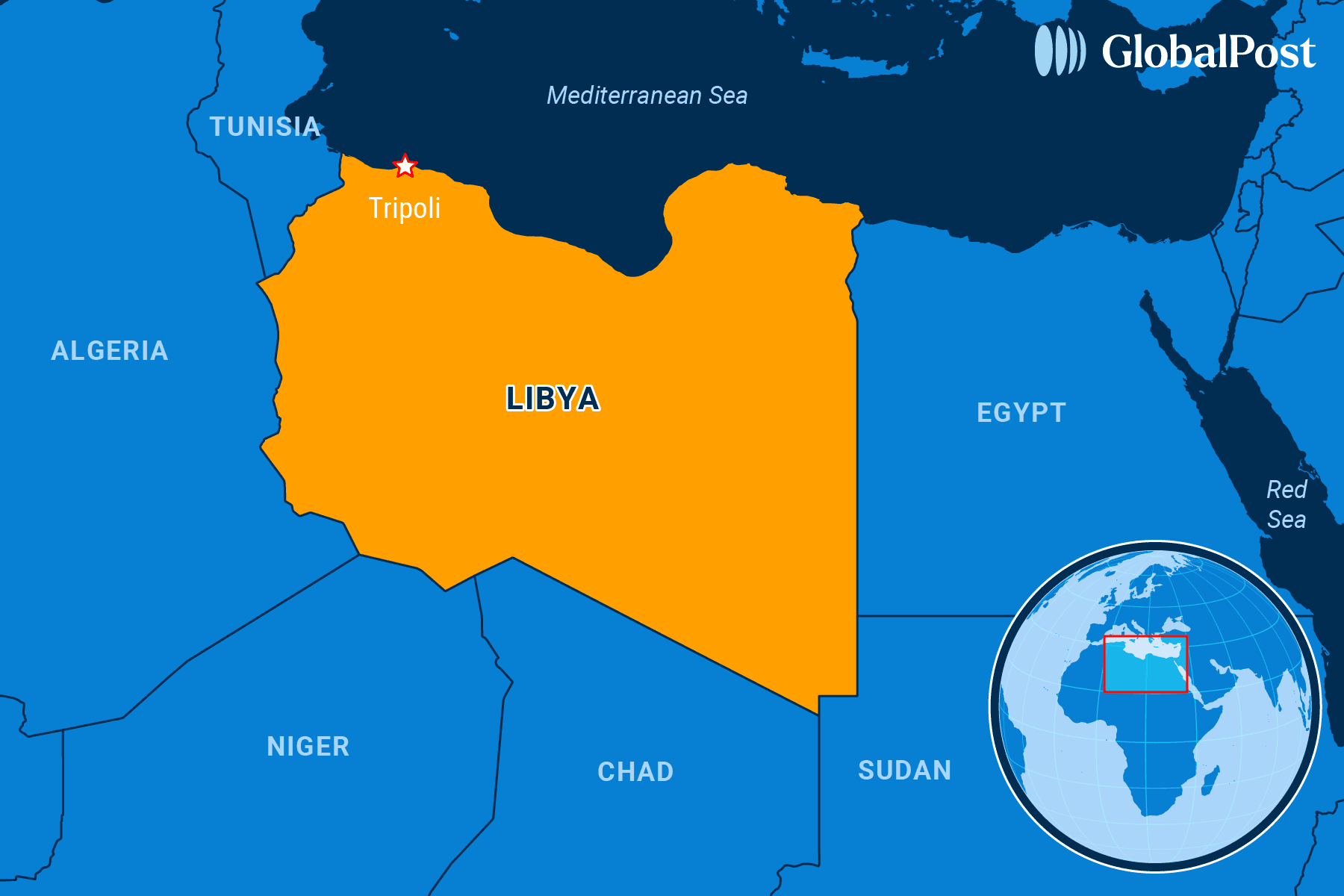Separation, Reconciliation

Libya’s warring factions agreed this week to cooperate with the United Nations to end the country’s long-running political deadlock, create a unity government, and pave the way for elections, Africanews reported.
Delegations from the rival legislatures, the High Council of State in Tripoli, and the House of Representatives in Benghazi met near the Moroccan capital this week for talks aimed at ending more than a decade of chaos.
The North African country has been divided into two rival administrations following the ousting and death of autocrat Muammar Gaddafi in 2011, which plunged the country into civil conflict. After much of the fighting died down, two governments, the internationally-recognized Tripoli government in the west and the eastern-based government led by commander Khalifa Haftar in Benghazi, took over the country.
Following their meeting, the parties agreed to cooperate with the UN mission in Libya (UNSMIL) to create a roadmap to end the deadlock, saying that “free and fair elections” are needed to restore stability in the war-torn nation.
They also agreed to work together to form a national unity government, as well as launch institutional, financial, and security reforms, Reuters noted.
The talks came days after UN Deputy Special Envoy for Libya, Stephanie Koury, announced the formation of an advisory committee to resolve electoral issues and outline a roadmap for elections.
The committee will include Libyan experts and respected figures, aiming to provide actionable recommendations for Libyan decision-makers.
A previous attempt to end years of divisions and conflict between the factions stalled following the collapse of plans for an election scheduled for December 2021 amid disputes over candidate eligibility.
The refusal of transitional Prime Minister Abdul Hamid Dbeibah in Tripoli to step down after the failed 2021 elections deepened the rift, prompting the eastern parliament to appoint its own government.
International stakeholders and diplomats have urged unified support for the UN-led process, warning that failure to resolve the deadlock could lead to deeper divisions and renewed violence.
Even so, Libya’s ambassador to the UN Taher El-Sonni criticized the peace plans, advocating for a national dialogue to build consensus on electoral laws.
Meanwhile, many Libyans remain skeptical of the intentions of political leaders, suspecting that they are reluctant to hold elections that could threaten their positions.

Subscribe today and GlobalPost will be in your inbox the next weekday morning
Join us today and pay only $46 for an annual subscription, or less than $4 a month for our unique insights into crucial developments on the world stage. It’s by far the best investment you can make to expand your knowledge of the world.
And you get a free two-week trial with no obligation to continue.
